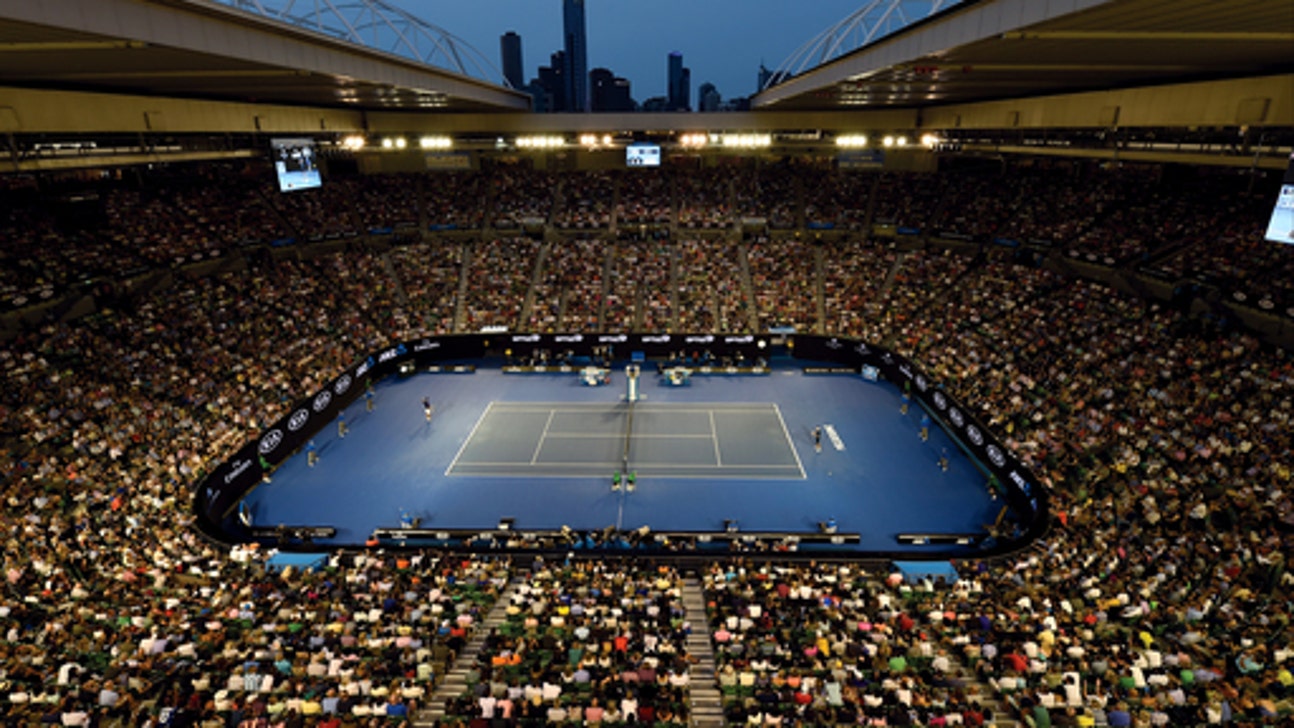
Tennis bodies announce review of anti-corruption unit

MELBOURNE, Australia (AP) Tennis authorities are taking steps at damage control as they grapple with recent media reports alleging match-fixing, which have cast a shadow over the first Grand Slam of the year and shaken confidence in the integrity of the sport.
Senior administrators announced at the Australian Open on Wednesday they would commission an independent review of tennis' anti-corruption unit in the wake of reports that alleged officials had failed to properly investigate suspected cases of match-fixing.
ATP Chairman Chris Kermode said immediate action was needed to ''restore public confidence in our sport.''
''If we sat back and had done nothing, we would have been accused that sport again is being complacent,'' he said. ''We want to be constantly vigilant. I think this is a very bold step. We need to address the perception, public confidence, hit it head on. We don't have anything to hide at all.''
The creation of the review, which was earlier reported by The Associated Press, came 10 days after the BBC and BuzzFeed News published stories alleging that tennis authorities had suppressed evidence of match-fixing and failed to thoroughly investigate possible cases of corruption involving 16 players who have ranked in the top 50 over the past decade. No players were named in the reports.
The review will be funded by the Tennis Integrity Board, which oversees the anti-corruption unit set up by the sport in 2008 to combat match-fixing, and led by Adam Smith, a London-based lawyer who is an expert in sports law.
''The last thing anyone wants is another sports body investigating itself,'' Kermode said.
He said the review panel would have an open-ended deadline and budget and that its findings would be made public. He also said tennis' governing bodies were committed to acting on every recommendation of the panel.
Last week, tennis authorities vehemently rejected the allegations in the BBC and BuzzFeed reports and pointed to the fact the Tennis Integrity Unit had sanctioned 18 people for match-fixing since its inception, including five players and one official who received lifetime bans.
Kermode reiterated Wednesday the reports ''did not reveal anything new,'' but acknowledged that the sports gambling world has evolved in recent years with the widespread expansion of online betting, making a review of tennis' anti-corruption efforts necessary.
Philip Brook, head of the Tennis Integrity Board, noted, for instance, that there are now some 68 different possible bets that can be placed on tennis matches, more than half of them during play.
''I don't think it automatically means we're behind the curve,'' Kermode said. ''The landscape has changed. We're in a different world. This is clearly the time to have a look.''
Kermode also cautioned against publicly naming players suspected of wrongdoing without evidence.
''Personally, I think it's sort of irresponsible for anyone to publish names,'' Kermode said. ''We believe that any player, until they are proven guilty, should be allowed to play and shouldn't have their reputation damaged at all.''
---
AP Tennis Writer Howard Fendrich contributed to this story from Washington.
